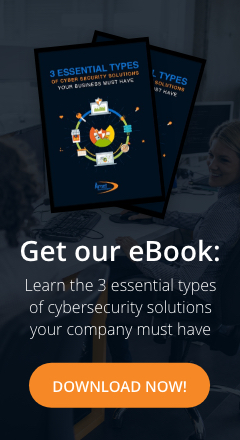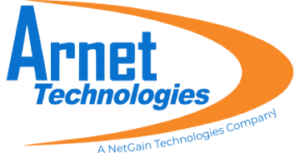With an internet connection, enough money, and amicable agreements from both parties, a couple can file for a do-it-yourself divorce. When done online, applying for immigrant status is faster and less prone to mistakes. And while certain thorny legal issues remain, owners of online-only assets now have ways to bequeath them to loved ones.
These are just some examples of how technology is changing the legal profession today. Law firms are not known to be keen early adopters, but rapid changes in the industry have made it imperative that legal professionals embrace technology as an integral part of their business. The demand for lawyers to be tech-savvy is increasing.
But before your law firm starts mass-hiring legal-savvy technicians, consider engaging with a managed service provider (MSP) like Arnet Technologies instead. In many cases, an MSP can provide the IT management and services you need faster and more affordably.
Legal in the era of digital
An experienced MSP can help lawyers and law firms deal with the impact that rapid advances in technology have on their business.
- Communications in a connected world -- Thanks to the internet and mobile technology, people are now connected 24/7 to one another. Law firms can use secure online portals to send and receive confidential data and communication and some use social media (like Facebook or Twitter) to talk to clients and keep them updated with the latest legal trends and news. With advancements in telephony and Voice over Internet Protocol (VoIP) technology, law firms can hold virtual meetings, with their on-site team and external clients.
- Repetitive tasks are automated -- Repetitive legal tasks can be automated or streamlined, resulting in faster service and lower overheads. Many of today’s courts require that legal documents be filed online, saving people time and effort from officially speaking face-to-face. Cloud-based apps also allow lawyers to efficiently draft and review contracts without creating each one from scratch.
Services such as electronic discovery (or eDiscovery) use software to quickly search, locate, and secure electronically stored data that’s necessary for a legal investigation or suit.
- The law firm, unbound by space and time -- Virtual office solutions have freed law firms from the restrictions of physical locations. A law firm in Columbus can now service clients outside of Ohio because they don’t need to physically be in the same room to do business. Forms can be completed and filed online and lawyers can communicate with their clients in real time, even at great distances. And since certain tasks can be accomplished and submitted online, legal services can be extended even after traditional office hours. All it takes is effectively managed IT solutions.
- The power of information -- With new technologies, law firms can harness vast amounts of data generated within their firm online. “Big data analytics” is taking huge volumes of information from various sources and looking for hidden patterns, connections, trends, correlations, preferences, probabilities, and other useful information to help lawyers win clients and cases.
- Technology drives down costs -- eDiscovery software allows law firms to streamline the processes of their legal document services. This cuts down costs which, in turn, they can pass on to their clients.
With advances come unease
Changes in technology can bring uncertainty. An experienced MSP can address the major concerns of law firms with high-tech solutions.
- Security issues -- Many lawyers and law firms are still afraid to transmit sensitive documents electronically because of privacy concerns. An experienced MSP can recommend and set up a system that ensures total data security. Blockchain technology, which is used to secure online payments, can also be used to encrypt records, transcripts, and other sensitive legal data.
- Return on investments -- Training employees to be tech-savvy takes time, but it is always worth it in the long run. Hiring an MSP is the quickest, easiest, and most cost effective way to educate employees on IT best practices.
- Speed vs. quality -- With the improvement in technology comes the demand for faster service. Lawyers are worried that clients will demand instant responses rather than reasonable ones. MSPs can help firms provide faster service with always-available cloud platforms and software-based phones that can be used from almost any device.
Your firm shouldn't need to worry about the magnitude or speed of technological changes. With Arnet Technologies as your partner, you can enjoy the latest in litigation tech support, like regulatory compliance services, disaster recovery planning and more. Schedule a free consultation today for more information.


